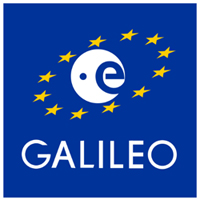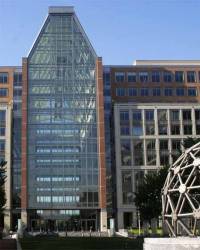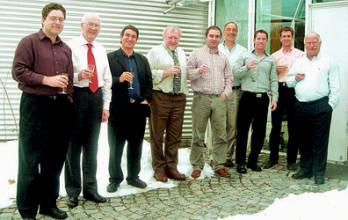Return to main Washington View article: "USPTO Nears Approval of Troubling British Patent on New GPS Civil Signal"
Return to main Washington View article: "USPTO Nears Approval of Troubling British Patent on New GPS Civil Signal"
During the course of discussing the patent issue with Inside GNSS, Dr. Ingo Baumann of the space industry law firm BHO Legal and Dr. Ingolf Bode of patent law firm Bode Meitinger, provided a written response to some questions. Those questions and their answers are produced below in their entirety. Neither Baumman nor Bode, whose firms are both located in Germany, are involved in the ongoing dispute.
Inside GNSS: This is a case where a single country in the EU has filed a patent on a technology used in an EU-wide project. Is that unusual?
Baumann/Bode: It is not unusual that a governmental body is filing a patent application. There is no exclusion in the European Patent Convention (EPC) for such a case. A patent application may also affect technologies, systems, or services used on a European or even global level. What is unusual here is that a patent claim raises sensitive political issues between the US, the EU and UK as an EU Member State with potential effects on cooperation in global GNSS systems and services.
Inside GNSS: Is there a process for such situations? Would the European Commission, for example, negotiate an EU-wide deal on royalties or does each country and company deal with the patent separately?
Baumann/Bode: In principle anybody could negotiate with the patent holder, the British Secretary of State for Defence, about licenses and associated royalties. However, this cannot be in the interest of Galileo as a system with global coverage and service area. Remember that the creation of a competitive European GNSS industry is among the key goals of the European GNSS programmes. We are not aware of the European Commission position on the matter, but a reliable and comprehensive agreement with the British Government must be found rapidly in order to prevent further political tensions and uncertainties in the GNSS industry, namely the receiver manufacturers.
Inside GNSS: The U.S. appears likely to challenge the patent. Does the U.S. challenge it at the EU level or in the UK or both?
Baumann/Bode:We are not informed about the U.S. plans to react against the patent filings. However, the European Patent No. 1830199 has meanwhile been granted. Any interested party now would have to make use of the opposition procedure before the European Patent Office (EPO). The time limit generally ends within nine months from the publication of the grant of the European Patent. Here this would be on November 2, 2012. The decision of the EPO on the opposition procedure has effect for all 28 contracting states, including UK, and would be the easiest way to challenge the European Patent.
Inside GNSS: What does it mean if the EU denies a patent that was granted in the UK?
Baumann/Bode: It is not possible for any third party, even not for the European Union, to ignore a valid patent without committing an infringement. But the EU itself has no authority to deny the patent. Only the EPO can revoke a European Patent for all Member States at once. After the time limit for the opposition procedure has run out, national patent courts then can only revoke the respective national part of a European Patent for the national territory it has competence. Any interested party must then submit claims in all 28 EPC member states.
Inside GNSS: How long does the U.S. have to challenge the patent at the World Intellectual Property Organization (WIPO)?
Baumann/Bode: The time limit for third-party observations against the WIPO application relating to Patent 1830199, the so called PCT-Application, expires for the international phase after a period of maximum 31 months. However, the application is split into a bundle of national or regional patent applications or already granted patents. After the international phase, a third party can only challenge one or more of these national or regional patents.
Inside GNSS: Does the fact that the signal was developed jointly by the U.S. and the EU have any bearing when it comes to the U.S. challenging the patent in the EU and in the UK?
Baumann/Bode: Article 9 of the Galileo-GPS Agreement states that nothing in it is intended to affect IPR related to global satellite-based navigation and timing signals, services or goods. But if the invention on which EP 1830199 is based was made not only by inventors from the UK but from all member of the Galileo-GPS Working Group, other members of the Working Group may also claim inventorship. This must be done before a national court and later, upon a respective positive court decision, it could lead to a change in the national and also the European patent register with regard to the inventors and patent holders.






